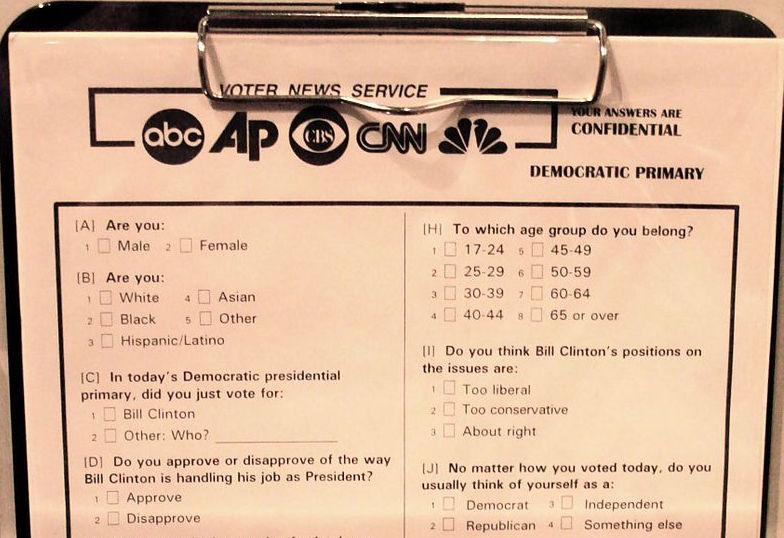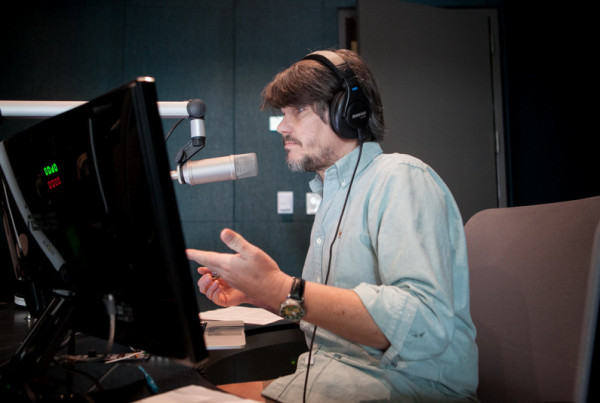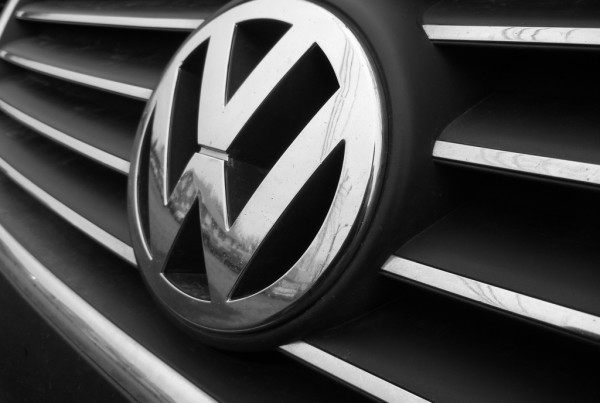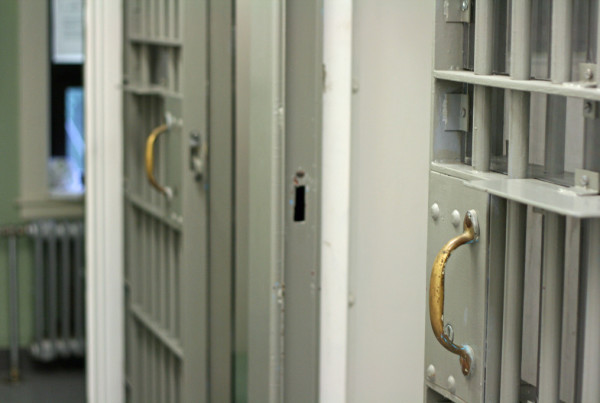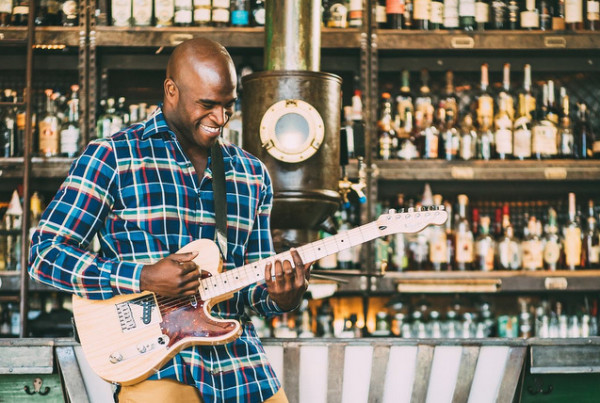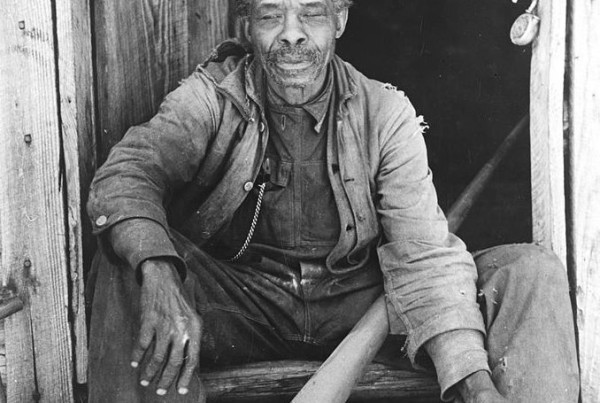If there’s anything that social media conclusively tells us about the nature of human kind, it might be this – we love bandwagons. Even more, we love jumping on them.
When the famous polling firm Gallup blew the call in its 2012 presidential pre-election poll, the blowback from the public and the media was fierce. The Gallup folks launched a soul-searching effort to figure out what went wrong. They brought in outside help and even skipped the 2014 midterms. Now, a name that has been synonymous with US politics for decades has made an announcement in the run up to 2016.
Gallup will not poll the next presidential election.
It’s an historic move and political science researchers like Dr. Daron Shaw at the University of Texas-Austin says media’s needs drive polling, because reporters have to file stories every day.
The head of Gallup said he wanted to make a positive contribution to politics, to set aside the horse race in order to focus strictly on issues. The problem with issues polling is that there’s no outcome to measure it against, which Shaw calls “convenient.”
“There’s no real validation,” he says. “We take that as gospel – there is no referenda that shows us whether your polling on that particular policy area was accurate.”
“Gallup still is, in a lot of ways, the gold standard,” Shaw says, but there are more nonpartisan polls out there so it’s not as big of a loss as it could have been.
With Gallup stepping down, poll methodology in general has been called into question because, Shaw says, traditional landline polling may not capture a growing segment of the population that relies exclusively on cell phones.
“The message is that ‘We are no longer confident that we can do this correctly,'” he says. “The damage is somewhat done.”


